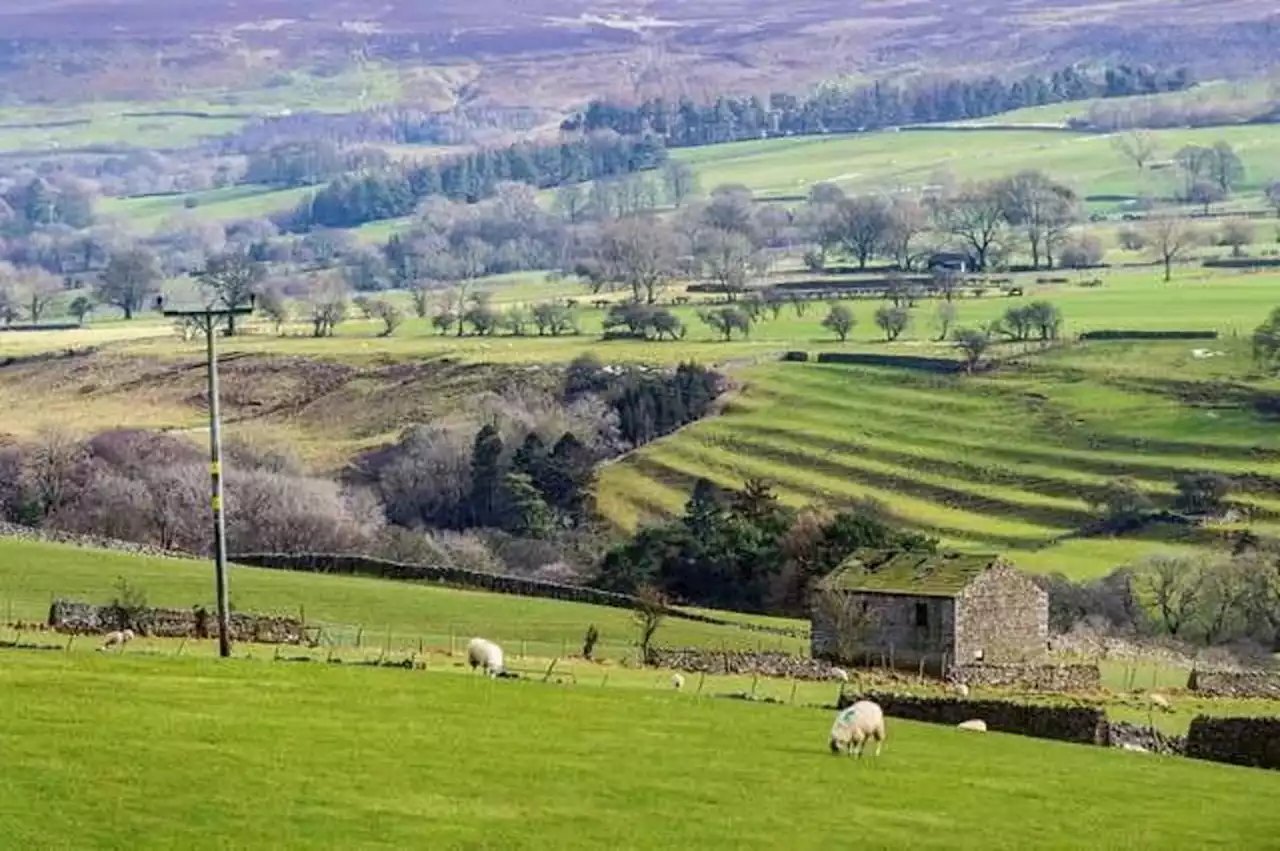The best outcome in the long term, on paper at least, is the simplest: that less water is used, and more of what is used is treated better. Industries directly affected by water shortages have got a head start
Save time by listening to our audio articles as you multitaskMonterrey is still awash with beer. But it is also stricken by drought. This has left millions of residents reliant on leaky public pipes desperately short of, even as the industries that employ them guzzle the stuff, thanks to higher-quality private infrastructure. The brewers say they consume less than 1% of the local water, most of which is used by farmers who have no incentive to conserve it.
The industry is keeping its head down, treating this as populist rhetoric rather than a genuine demand to transplant breweries lock, stock and barrel to the other end of the country. Yet the imbroglio is illustrative, too. It shows how water shortages, combined with reputational damage and regulatory overreach, could affect many hydro-dependent industries, from food production, mining and power generation to apparel and electronics.
Heat and drought are leaving teeth marks everywhere. In Chile, the world’s biggest copper producer, the driest decade on record has forced mining firms such as Anglo American and Antofagasta to reduce output this year. In recent days companies such as Toyota, a carmaker, and Foxconn, which makes iPhones for Apple, halted production in south-western China after a drought caused hydropower shortages.
Industries directly affected by water shortages have got a head start. Global mining firms are using desalination plants in Chile. Beer and soft-drinks companies, existentially reliant on clean water, have targets for improving efficiency . In collaboration with the, Cargill, an agro-industrial behemoth, recently extended the monitoring of water use from its own operations to the farmers who supply its crops.
InBev, one of the world’s largest brewers, helped municipal authorities reduce water loss from the network. Ingenuity also helps. In Singapore, NewBrew makes craft beer out of reclaimed sewage. Andre Fourie, head of sustainability atInBev, says that in the future many companies will have to treat and reuse water to overcome scarcity.The looming shortages still do not get the attention they deserve.
Danmark Seneste Nyt, Danmark Overskrifter
Similar News:Du kan også læse nyheder, der ligner denne, som vi har indsamlet fra andre nyhedskilder.
Energy costs: solar panels bring rays of hope to UK householders\n\t\t\tLet our global subject matter experts broaden your perspective with timely insights and opinions you\n\t\t\tcan’t find anywhere else.\n\t\t
Læs mere »
 Does unemployment really have to rise to bring down inflation?Rarely in America’s past has an inflation rate of 8.5% felt so good. But officials at the Federal Reserve are not celebrating
Does unemployment really have to rise to bring down inflation?Rarely in America’s past has an inflation rate of 8.5% felt so good. But officials at the Federal Reserve are not celebrating
Læs mere »
 Residents of isolated Yorkshire dale unveil plan to bring community together after buying fieldResidents of an isolated Yorkshire dale have unveiled an ambitious plan to bring the far-flung community together more often by providing an array of facilities on a field they have bought after receiving a bequest.
Residents of isolated Yorkshire dale unveil plan to bring community together after buying fieldResidents of an isolated Yorkshire dale have unveiled an ambitious plan to bring the far-flung community together more often by providing an array of facilities on a field they have bought after receiving a bequest.
Læs mere »
![]() And Just Like That... season 2 to bring back iconic Sex and the City characterJohn Corbett, who played the role of the likeable furniture maker Aiden Shaw in the original series is set to reprise his role for the reboot’s second season.
And Just Like That... season 2 to bring back iconic Sex and the City characterJohn Corbett, who played the role of the likeable furniture maker Aiden Shaw in the original series is set to reprise his role for the reboot’s second season.
Læs mere »
 14th-gen Intel chips could support ray tracing – and truly bring it to the massesIntegrated GPU with ray tracing support could appear next year
14th-gen Intel chips could support ray tracing – and truly bring it to the massesIntegrated GPU with ray tracing support could appear next year
Læs mere »
 Myanmar’s shadow government deserves more helpThe National Unity Government commands the loyalty of the vast majority of Burmese, including most of the resistance forces. If America recognised its legitimacy, it could claim the $1bn in Burmese assets that America froze after the coup
Myanmar’s shadow government deserves more helpThe National Unity Government commands the loyalty of the vast majority of Burmese, including most of the resistance forces. If America recognised its legitimacy, it could claim the $1bn in Burmese assets that America froze after the coup
Læs mere »
